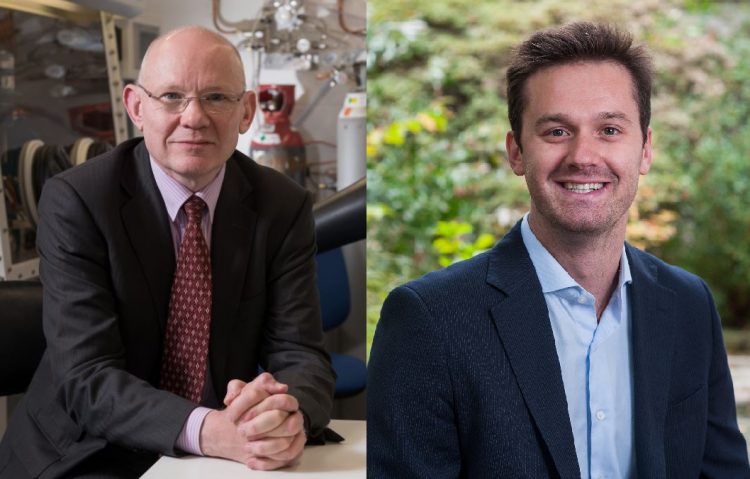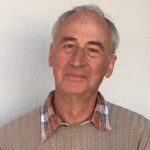The push for battery power: Hall academics in £12m research project
13 Sep 2018

“There’s a big push in the UK for developments in battery energy,” says Mauro Pasta, researcher and Project Leader at the newly established Faraday Institution. Founded in 2017 to fund research into electrochemical energy storage, the Institution aims to make batteries lighter, cheaper and more efficient. St Edmund Hall academics Peter Bruce and Mauro Pasta are at the helm of this new research.
The founding of the Faraday Institution itself was the result of a collaboration between Peter Bruce and his colleagues, including Professor Sir Mark Walport. Following their proposal, signed jointly with the Ford Motor Company, they received £246 million of governmental funding for the establishment of the Faraday Challenge. £78 million of this sum was earmarked for the Faraday Institution, based at the Harwell Science and Innovation Campus in Didcot, whose aim is to tackle fundamental scientific problems at scale with multidisciplinary teams from both industry and academia.
Peter is Chief Scientist of the Institution and Principal Investigator on the solid-state Li and Na metal anodes (SOLBAT) fast-start project, of which Mauro is the Project Leader. This £12 million project brings together seven universities, involving 19 academics and 19 postdoctoral students, the majority of whom study or work at Oxford. The aim is to increase the energy density of batteries, essentially packing more energy into a smaller space. The project’s lifespan is currently three years, with the potential to be extended up to ten years with further investment from the government.
Day to day, Mauro’s role involves overseeing the scientific developments and ensuring that the team works together efficiently. He also takes the lead on industrial engagement, which is a key part of the process, as the aim of the Faraday Institution is to forge links between industry and academia, working towards a common goal in a competitive market.
Significant time and effort has gone into setting up the Faraday Institution over the past year. The most challenging aspect so far has been the recruitment of technicians and PhD students: the Institution’s four projects require around 90 postdoctoral researchers. Since the project’s inception earlier this year, this process has proved to be the most time-consuming, as the field does not tend to attract large numbers of researchers. Nonetheless, “We’ve recruited the best people from around the globe,” says Peter.
How will they measure the success of the project? In one of two ways, says Peter. Either the team will discover that solid-state battery power is impossible to realise, an unwelcome but ultimately useful conclusion; or they will succeed, transforming battery technology and paving the way for the electric vehicles of the future.
For more information on the Faraday Institution, see their website.
Categories
Related News

Teddy Hall’s Professor Carly Howett’s Research Suggests Saturn’s Icy Moon May Host Life
10 Nov 2025
